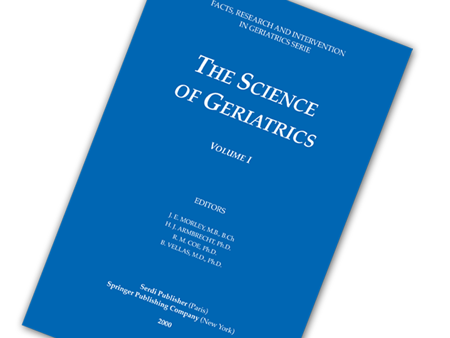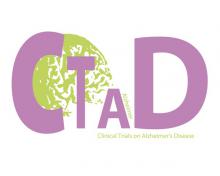Dysphagia and accidental falls are common in patients with Huntington’s disease; they can have serious consequences and may, therefore lead to fear of choking and fear of falling. Objectives: In this article, a protocol is described to explore the prevalence of fear of choking and fear of falling in patients with Huntington’s disease, to identify the relationship between fear of choking and fear of falling and, respectively, anxiety, awareness and cognitive functioning and to define the care demands with regard to fear of choking and fear of falling. In addition, the related problems encountered by their (in)formal caregivers are investigated. Design: This study protocol describes a multi-center observational cross-sectional study. Participants: Our aim is to include 150 patients with Huntington’s Disease living in or attending day care in Dutch nursing homes specialized in Huntington’s Disease and their (in)formal caregivers. Setting: Dutch nursing homes, specialized in long-term care for patients with Huntington’s Disease. Measurements: The patients will be assessed by means of questionnaires enquiring about mobility, swallowing and their feelings and experiences related to these topics, a mobility task, a cognitive screening and a neurological examination. Other patient information will be derived from regular patient files, registered by formal caregivers. Data about fear of choking and fear of falling from the formal and informal caregiver’s perspective will be obtained by means of self–administered questionnaires. Conclusions: This study may contribute to improving insight into the cognitive, emotional and behavioral functioning of patients with Huntington’s disease. The findings may lead to relevant interventions for patients or support advice for caregivers, with regard to adequate coping strategies for risk-taking behavior.
(1)K. Kalkers, J.M.G.A Schols, J.C.L. Neyens, R.A.C. Roos Jour Nursing Home Res 2019;5:68-75



